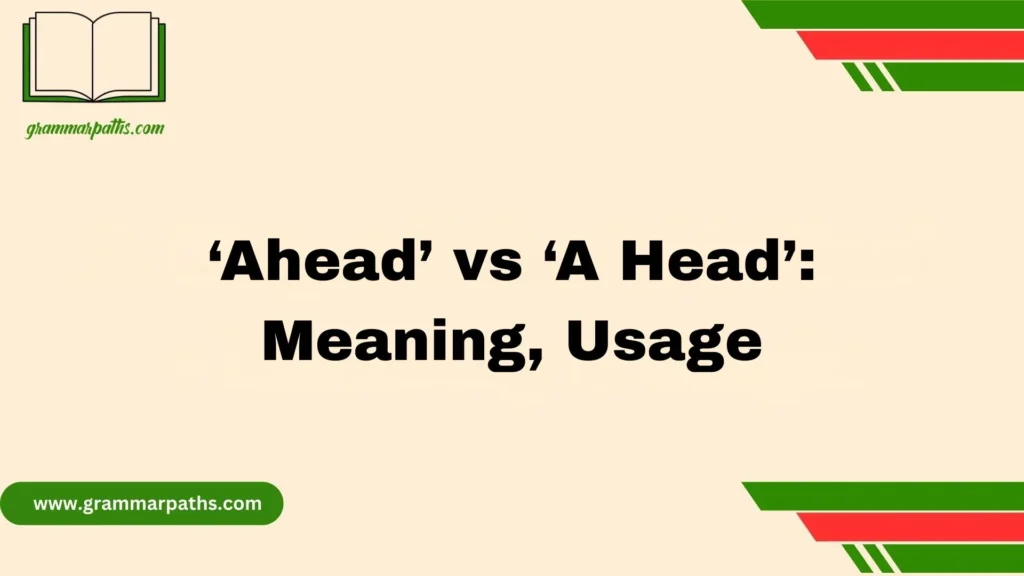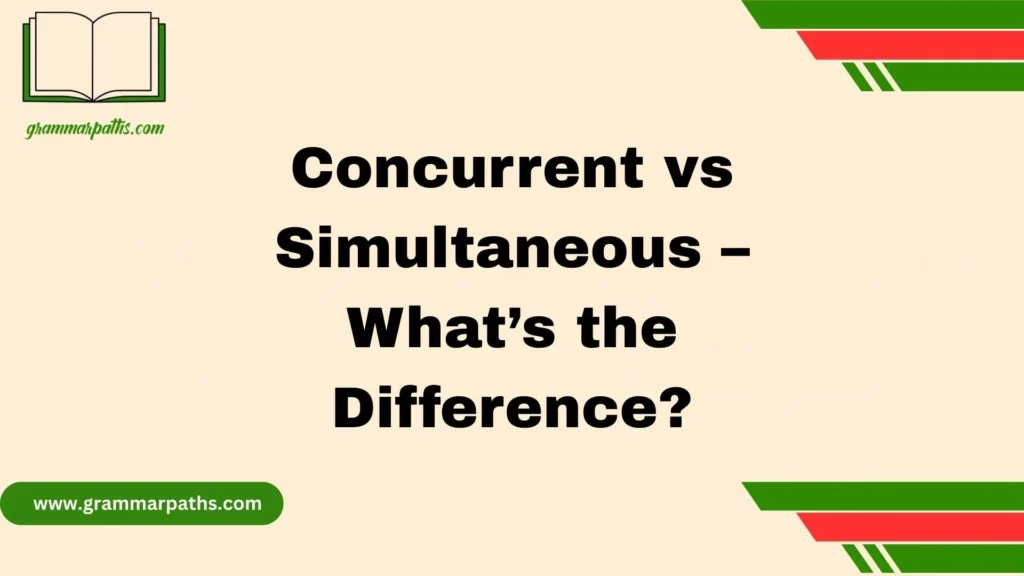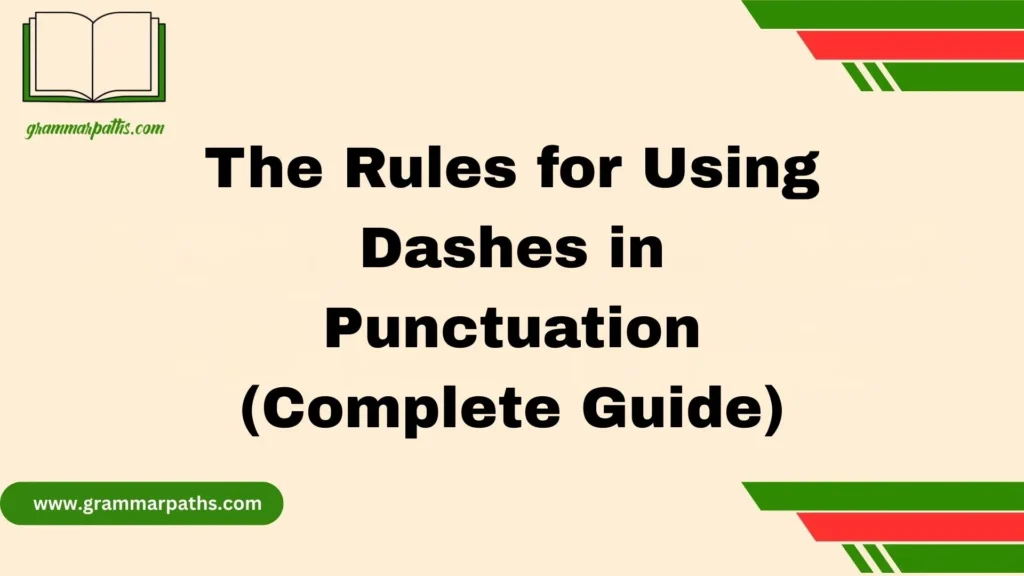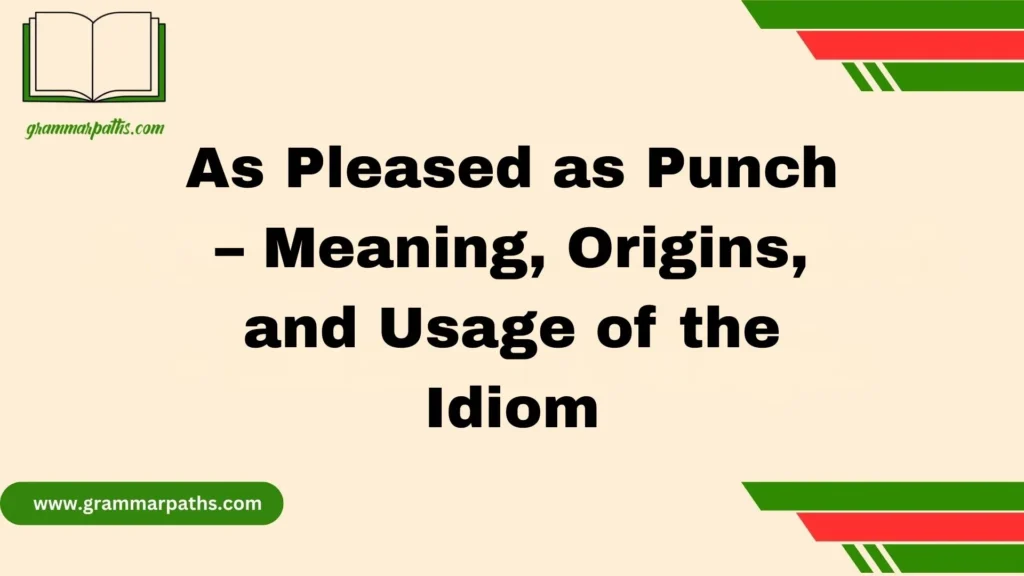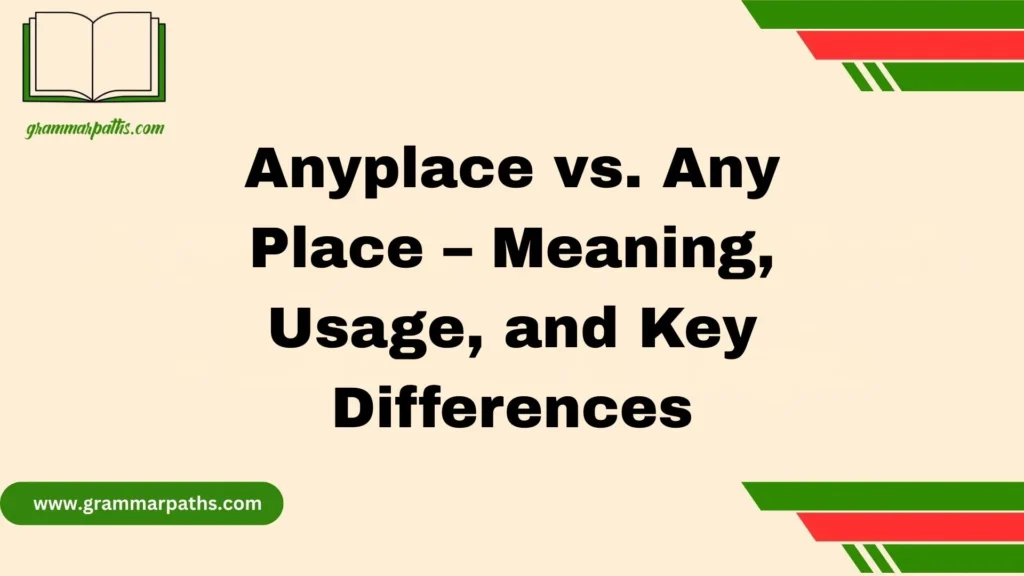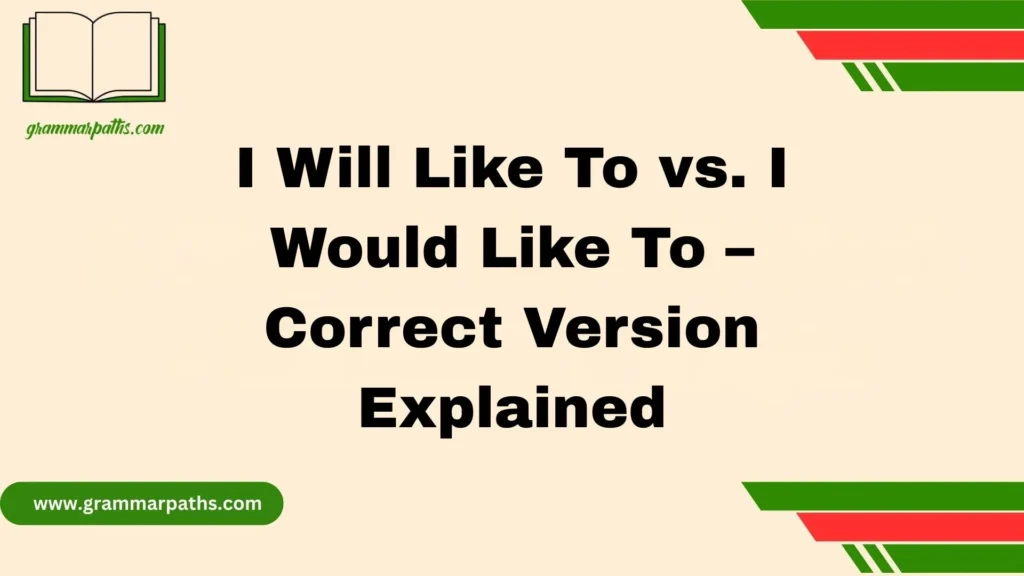Over the years, working with countless learners, I’ve seen just how puzzling the who vs. whom debate can be. It’s one of those grammar dilemmas that even trips up native speakers—mainly because the choice depends on whether the word is playing the role of a subject or an object. I’ve watched students struggle, unsure of which to use, until we slow things down and look at real-world examples. That’s when the lightbulb moments happen—and they’re always rewarding to witness. Once learners spot the patterns in sentence structure, they begin to choose more confidently and naturally.
What truly fascinates me is how this particular topic keeps evolving. Some people stick closely to traditional grammar rules, while others lean into a more casual, conversational style. A great guide doesn’t just recite rules—it explains how language is actually used today. That’s been my goal all along: to make sentence structure less intimidating and more accessible. As language continues to shift, the key to mastering who and whom lies in understanding both formal correctness and real-world usage.
Breaking It Down: “Who” vs. “Whom”
The confusion starts with a basic misunderstanding of how “who” and “whom” function in a sentence.
| Pronoun | Grammatical Role | Replace With | Example |
| Who | Subject of a verb | He / She | “Who called you?” → “He called you.” |
| Whom | Object of a verb or preposition | Him / Her | “Whom did you call?” → “You called him.” |
Quick Test: He/Him Rule
If you can replace the word with he, use who.
If him sounds right, go with whom.
Example:
❌ “Who should I contact?” → “I should contact he.” (Wrong)
✅ “Whom should I contact?” → “I should contact him.” (Correct)
Why the Confusion Exists
Most of us speak English without ever thinking about subjects or objects. In spoken English, we tend to favor simplicity—and “whom” sounds stuffy or old-fashioned.
A few reasons for the mix-up:
- The rules are rarely taught in practical ways.
- “Whom” is rarely used in casual conversation.
- Social media and texting promote informal grammar.
- Modern software autocorrects even incorrect usage.
Traditional Grammar Rules (Still Relevant in Some Contexts)
Despite its decline in everyday use, “whom” is not incorrect. In fact, grammar purists—and certain formal situations—still expect it.
Here’s the rule:
- Use “who” when it’s the subject of the verb.
- Use “whom” when it’s the object of the verb or a preposition.
Examples:
| Sentence | Correct? | Why |
| “Who is going to the meeting?” | ✅ | “Who” is the subject doing the action. |
| “To whom should I address the letter?” | ✅ | “Whom” is the object of the preposition “to.” |
| “Whom is at the door?” | ❌ | It should be “Who is at the door?” because “who” is the subject. |
Modern English Usage: What People Actually Say
Let’s be honest. Most people say “Who should I contact?”, and almost nobody bats an eye. That’s because modern English has gradually favored simplicity over strict correctness.
According to Google Ngram Viewer, use of “whom” has declined sharply since the 1950s. Here’s a simplified summary:
| Decade | Popularity of “whom” | Notable Change |
| 1950s | Very common in formal writing | Prescriptive grammar rules held strong |
| 1980s | Decline began | Informal writing took hold |
| 2020s | Rare outside formal/legal text | Digital writing dominates |
“In casual writing and speech, the use of ‘whom’ is virtually extinct.”
— Grammar Girl, Mignon Fogarty
When “Whom” Still Matters
Despite the decline, there are still specific contexts where “whom” is expected or respected:
- Academic writing (essays, dissertations)
- Legal documents
- Government communications
- Formal letters of recommendation
- Applications for grants, scholarships, or high-level positions
Case Study:
In a legal cover letter reviewed by a senior hiring manager at a New York law firm, “whom” was intentionally used in the phrase:
“To whom it may concern…”
The hiring manager noted:
“It’s rare someone gets that right. It signals attention to detail.”
So yes—there is a time and place for “whom.”
Professional Communication: Make the Right Choice
In business communication, clarity trumps cleverness. But that doesn’t mean you should ignore correctness altogether.
Use “whom” when:
- You’re writing to executives, academics, or government officials
- You want to sound precise and formal
- The sentence structure calls for it
Use “who” when:
- You’re writing in a conversational tone
- You’re sending internal team messages
- The audience is unlikely to care
| Communication Type | Recommended Usage | Why |
| Job Application Email | “Whom should I send my resume to?” | Shows professionalism |
| Internal Slack Message | “Who do I talk to about PTO?” | Casual tone |
| Executive Memo | “To whom this pertains…” | Maintains formal tone |
| LinkedIn Message | “Who’s the hiring manager?” | Conversational approach |
Grammar Made Easy: How to Match Verbs and Pronouns
Here’s a step-by-step process to get it right:
- Find the verb: What action is happening?
- Ask who’s doing it: That’s your subject (→ “who”).
- If it’s happening to someone: That’s your object (→ “whom”).
Practice Examples:
“___ do you trust with this task?”
You trust him → Whom
“___ is managing the budget?”
He is managing the budget → Who
Tip: Reverse the sentence in your head
If “he” fits, use “who.”
If “him” fits, use “whom.”
The Role of Technology and Digital Communication
Modern communication is dominated by speed and efficiency. Think about texting, Slack, social posts—formality has taken a back seat.
Technology has influenced grammar choices:
- Autocorrect often changes “whom” to “who.”
- AI writing assistants like Grammarly recommend “who” more often.
- Voice assistants (Siri, Alexa) never use “whom.”
“Grammar evolves when culture evolves—and digital tools are a huge part of that.”
— Linguist, Dr. Gretchen McCulloch
Is “Whom” Obsolete or Optional? Language Experts Weigh In
Some grammar experts argue that “whom” is on its way out entirely. Others insist it still serves a purpose.
Expert Opinions:
| Expert | Viewpoint |
| Bryan Garner (Garner’s Modern English Usage) | Advocates for using “whom” in formal writing |
| Steven Pinker (Harvard Psychologist) | Says “whom” is dying and should be replaced in most contexts |
| Chicago Manual of Style | Still supports “whom” in formal documents |
Bottom line: If you’re not sure, and the audience isn’t formal—use “who.”
Final Verdict: Which Should You Use?
Here’s a recap of how to decide between “who to contact” and “whom to contact”:
| Scenario | Correct Form | Why |
| Casual email to coworker | “Who to contact” | Simpler and sounds natural |
| Formal cover letter | “Whom to contact” | Maintains grammatical integrity |
| Customer service chatbot | “Who should I contact?” | Conversational tone preferred |
| University thesis | “Whom to contact” | Academic precision required |
Rule of Thumb: Use “whom” when writing for formality, accuracy, or high-stakes communication. Otherwise, “who” will almost always do the trick.
Quick Reference Guide: “Who vs. Whom” Cheat Sheet
| Test | Result | Use |
| Replace with “he” → fits | Use “who” | |
| Replace with “him” → fits | Use “whom” | |
| Formal document | Use “whom” | |
| Everyday speech or writing | Use “who” |
FAQs
Sure! Here are your questions answered clearly with numbering and two-line responses under each H3:
1. Who vs whom should I contact?
Use “whom” because it’s the object of the verb “contact.” The correct form is: “Whom should I contact?”
2. Which sentence correctly uses who or whom?
A correct example is: “Who is calling?” (subject) vs. “To whom should I reply?” (object). Use who for subjects and whom for objects.
3. Who to send or whom to send?
The correct phrase is “whom to send” because “whom” functions as the object of “send.” Example: “Whom should I send the report to?”
4. Who I could contact or whom?
Use “whom” because it is the object of “contact.” The correct phrase is: “Whom could I contact?”
5. Who should I ask or whom?
Use “whom” here as well since it is the object of “ask.” The correct form is: “Whom should I ask?”
Conclusion
Whether you’re writing a resume, replying to a client, or just updating your LinkedIn profile—knowing when to use “who” or “whom” helps you sound polished and professional.The golden rule? Prioritize clarity. Speak naturally, write intentionally, and trust your judgment.So the next time you’re wondering whether to write “who to contact” or “whom to contact”, now you’ve got the tools—and confidence—to get it right.

Mia Rose is the passionate writer and founder of GrammarPaths.com, a resource dedicated to helping learners master English grammar, idioms, and writing skills with ease. With a deep love for language and years of experience in teaching and content creation, Mia simplifies complex grammar rules into clear, practical guides that readers can instantly apply.

